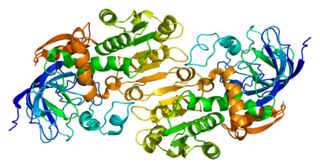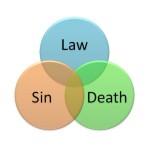 Equipping Counselors for Your Church: The 4E Ministry Training Strategy by Robert W. Kellemen
Equipping Counselors for Your Church: The 4E Ministry Training Strategy by Robert W. Kellemen
My rating: 4 of 5 stars
I confess – I had to give up reading this book. This was because of the style of writing, rather than the content. Consequently, I will make this short review one of two steps: what I liked about content; what I couldn’t get past of style.
What I like.
This book has a fantastic purpose – helping everyone at church be equipped to care for fellow Christians. It has an entire church point of view for spiritual health and growth. Robert Kellemen knows that ‘the minister’ cannot do all ‘the ministry’. He knows well two key facts that struggle against each other: the Bible would have all Christians counsel one another; church care tends to become centralised in the hands of a few. The second of these can be caused by the ministry staff, or by the expectations of those in the pews, but the outcome is the same. Kellemen sees that deep, structural change is needed in a church to move towards the biblical pattern. And he has helped many churches make that change. This book is all about ministry training. Fantastic!
What stopped me reading.
Jargon and a proliferation of acronyms. The first case of this, for me, is in the title. Why ‘counselors’? This sounds a very specific, almost clinical word. There are plenty of options: carers, servants, ministers, etc. The problem was underlined by chapter one, More Than Counseling. It turns out that Kellemen’s formal training is in counselling, and I have the feel that he didn’t want to let go of the term despite its poor fit. More than this, though, I was put off by the confusing jargon and terminology. To complete this 4E ministry training strategy, we should develop a MVP-C statement so we can know how to employ LEAD biblical care. I guess that, if you implement this method, you will completely sink your head into the jargon. But as a reader trying to glean principles, I found myself constantly thrown off track. I had to re-learn the jargon so often that I forgot what it was all about.
So it’s hard to pick a star rating for this book. Good and bad. I decided on 4/5, because the ministry training aim is so good. When I am thinking about how ministry training works in church, I think I will dip into this book once again.





